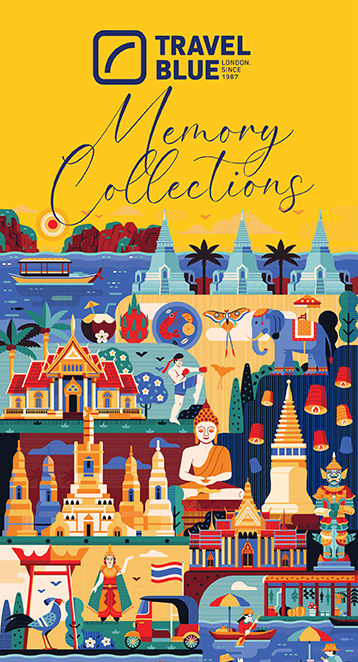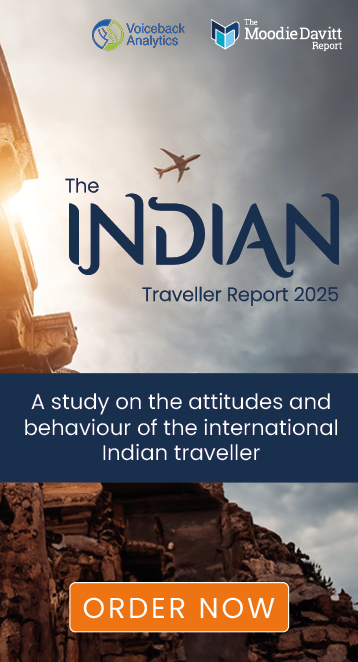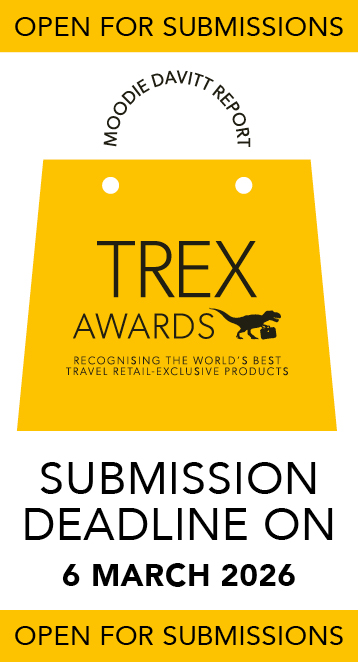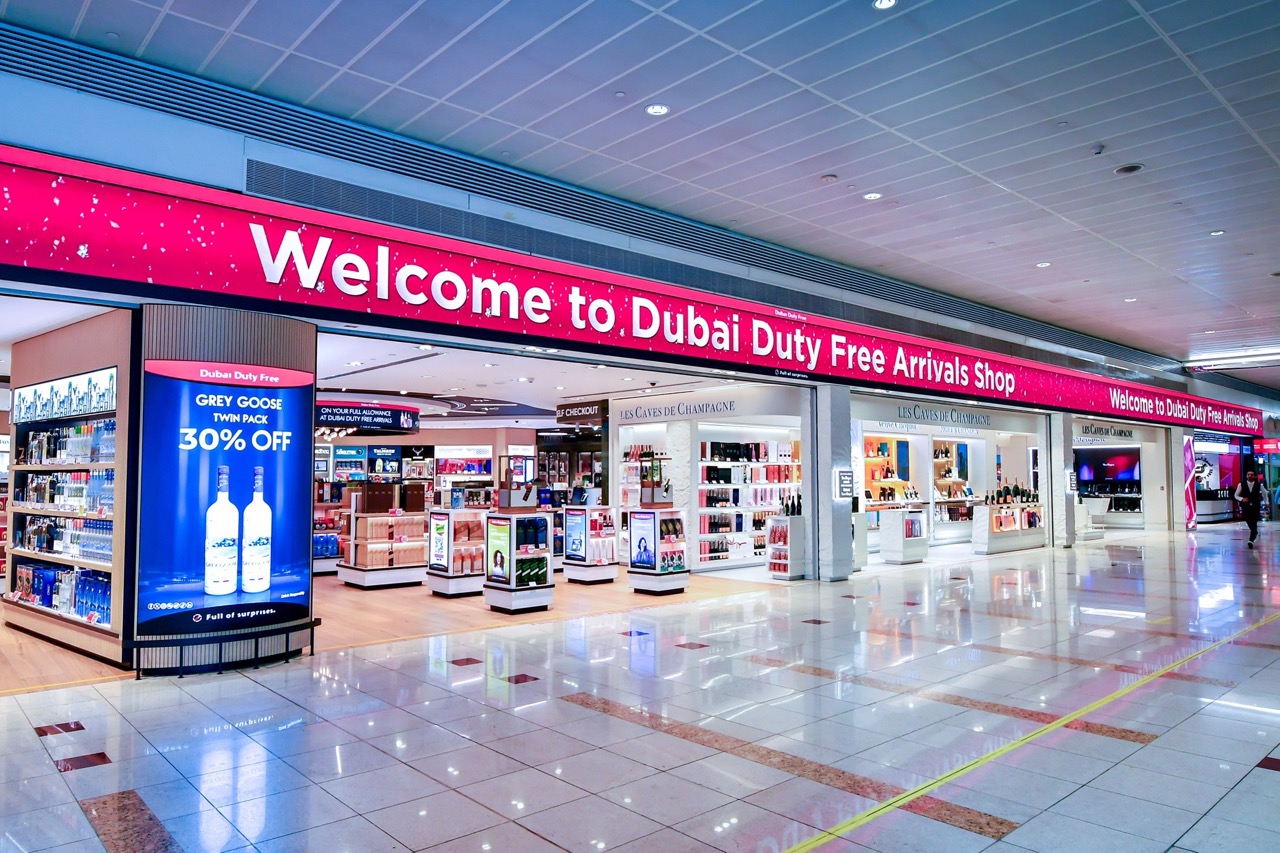INTERNATIONAL. Today marks a critical stage in the response to the COVID-19 pandemic in the UK and Ireland with important travel liberalisation taking place in both countries.
From today, 19 July, adults in the UK who have had double vaccination shots no longer have to isolate for ten days when returning from ‘amber list’ countries.
In Ireland (see below for details) national restrictions on international travel for non-essential reasons are lifted today.

While these moves will be welcomed by the travel retail community, the rapid spread of the Delta variant, allied to continued sudden changes in travel restrictions in multiple countries, continues to make travel retail’s global recovery a rollercoaster ride.
In terms of freedom to travel, much depends on the rules in individual countries pertaining to external travel and how various nations view the health status of other countries.
For example, according to travel services provider Kayak, 137 countries are currently open for travel from the US but with restrictions, 75 are closed and eight are fully open. However, for those flying from the UK, only six countries are fully open, 120 are open with restrictions, and 94 are closed.
For anyone travelling from Japan, 9 countries are open, 132 are open with restrictions and 79 are closed.
For those flying out of New Zealand, which has largely remained COVID-free, ten countries are open, 135 are open with restrictions and just 75 are closed.
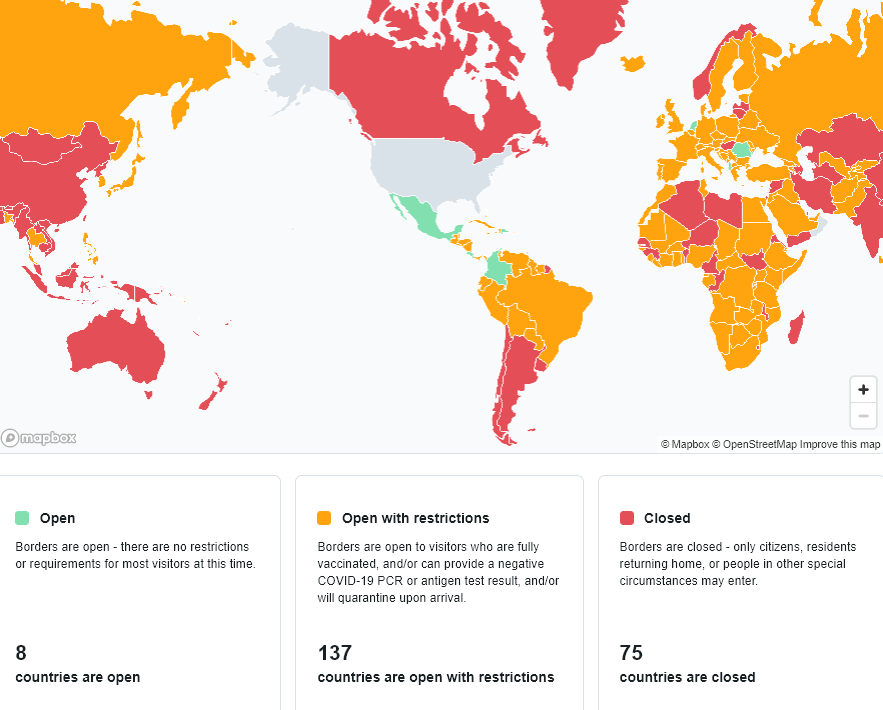
Here we examine some of the latest developments.
UK
From today, 19 July, adults who have had double vaccination shots no longer have to isolate for ten days when returning from ‘amber list’ countries.
Controversially, though, almost all coronavirus restrictions, including the mask mandate and social distancing rules, will also be lifted in England (as opposed to the whole UK) today, a landmark that has been dubbed ‘Freedom Day’ in government and media circles.
Prime Minister Boris Johnson believes that the country’s highly successful vaccine roll-out – some 68% of the adult population has had two shots – has broken the link between new infections and severe illness & death. Yet new COVID-19 infections are soaring, reaching 48,161 on Sunday. Between 12 and 18 July, 316,691 people returned a confirmed positive test result, a surge of +43.3% compared to the previous seven days.
The BBC reported that some scientists are predicting that UK could reach 200,000 new cases a day later in the summer.
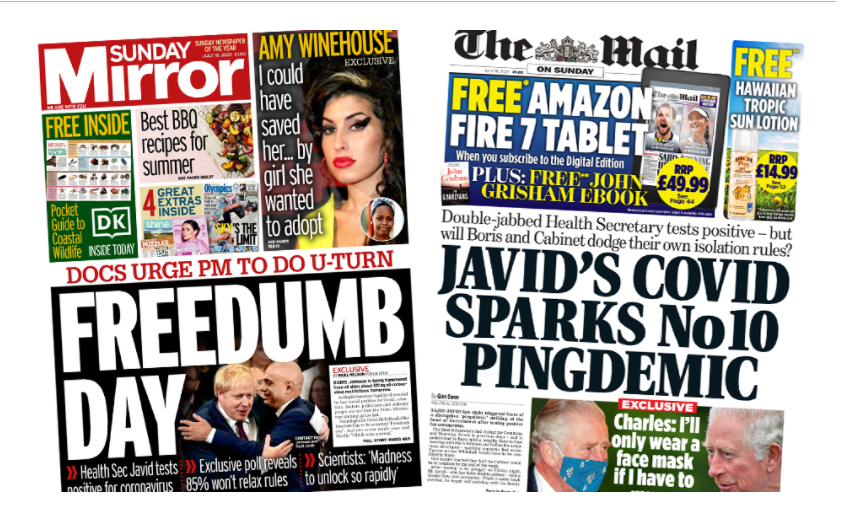
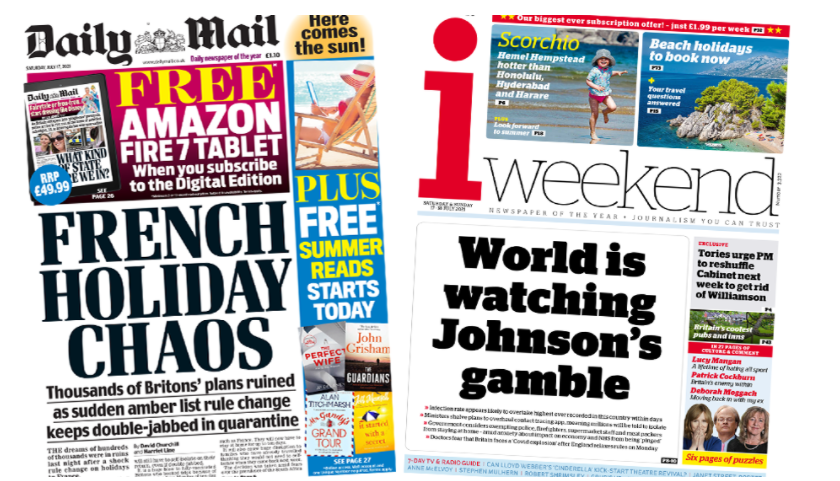
In a curious and hugely controversial twist, Boris Johnson’s government has announced that fully vaccinated travellers returning to England and Wales from France will have to quarantine for ten days from today. The government said this was because of “persistent” cases of the Beta variant in France.
However, according to Gisaid, a COVID-variant tracking website, the Beta variant represents just 3.4% of cases in France with the majority on the island of Réunion in the western Indian Ocean. The Guardian quoted the French consul-general in London noting drolly that the “scientific justifications don’t always spring immediately to mind”.

FRANCE
In another contentious move, effective 18 July, France tightened its rules for non double-vaccinated travellers from the UK, Spain, Portugal, Cyprus, the Netherlands and Greece. They now need to present a COVID-19 test dating from less than 24 hours before travel to enter France, as opposed to the former 72 hours.
However, those fully vaccinated with any of the Pfizer/BioNTech, Moderna, AstraZeneca or Johnson & Johnson treatments will be exempt from providing a negative test.
France posted just under 11,000 new cases yesterday, a return to levels not seen since May. On Friday, the seven-day moving average of new cases rose to 5,795, after jumping over the key threshold of 5,000 on Wednesday, Reuters reported.
IRELAND
Irish airports are ready to welcome back passengers as national restrictions on international travel for non-essential reasons are lifted today.
“Today is a hugely exciting and much anticipated day as Ireland fully re-opens for international travel,” said Dalton Philips, Chief Executive of daa, which runs Dublin and Cork airports. “Our Operational Readiness Team, encompassing every department across both airports, has been planning extensively for this day so that all our customers have as safe and as pleasant an experience when travelling through our airports,”
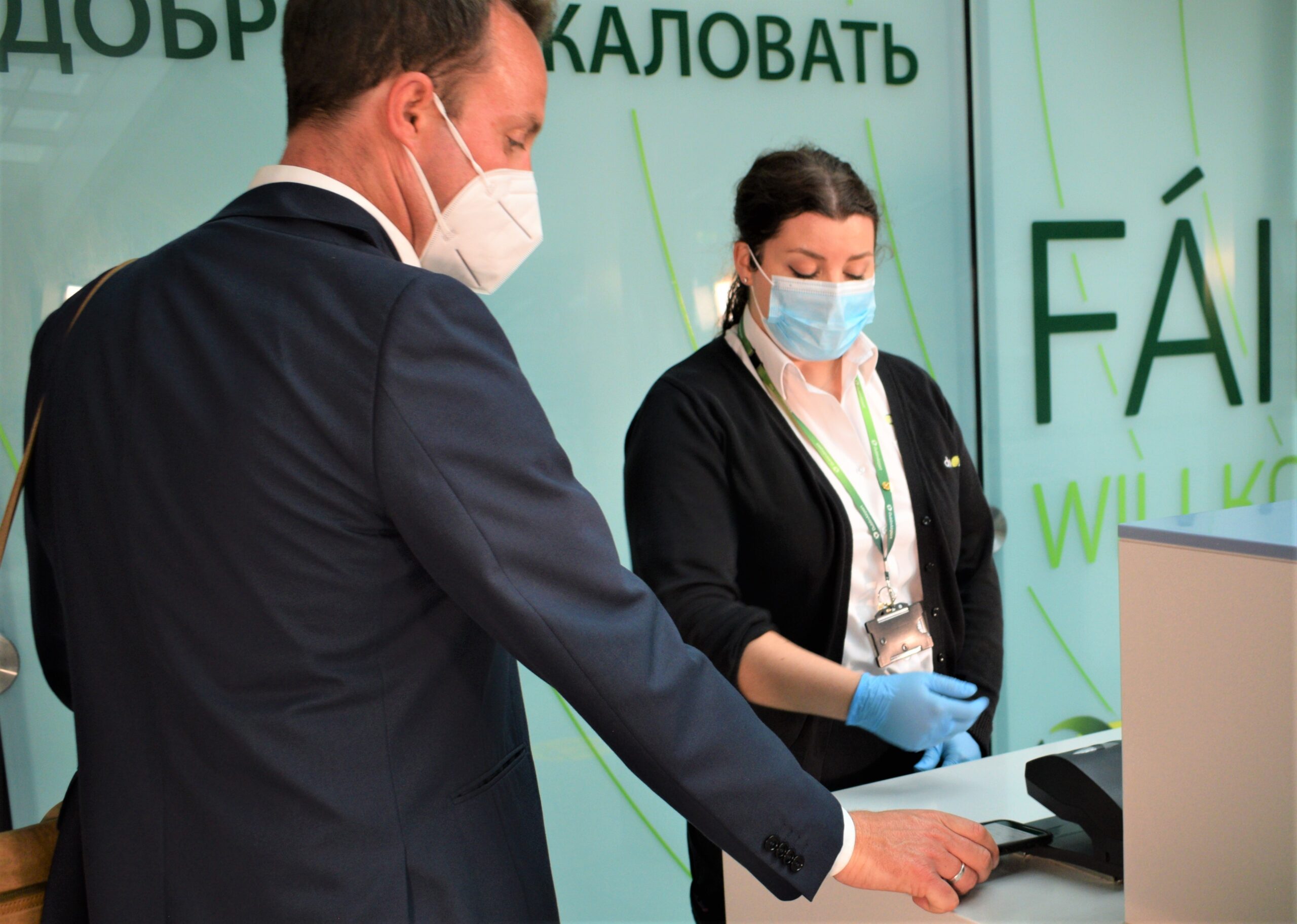
“The global pandemic has taken an enormous toll and people are looking forward to reconnecting with family and friends overseas who they haven’t seen for almost a year and a half. We have been waiting patiently for international travel to resume and it is wonderful to see customers coming through the doors of our terminals again for leisure and business travel.”
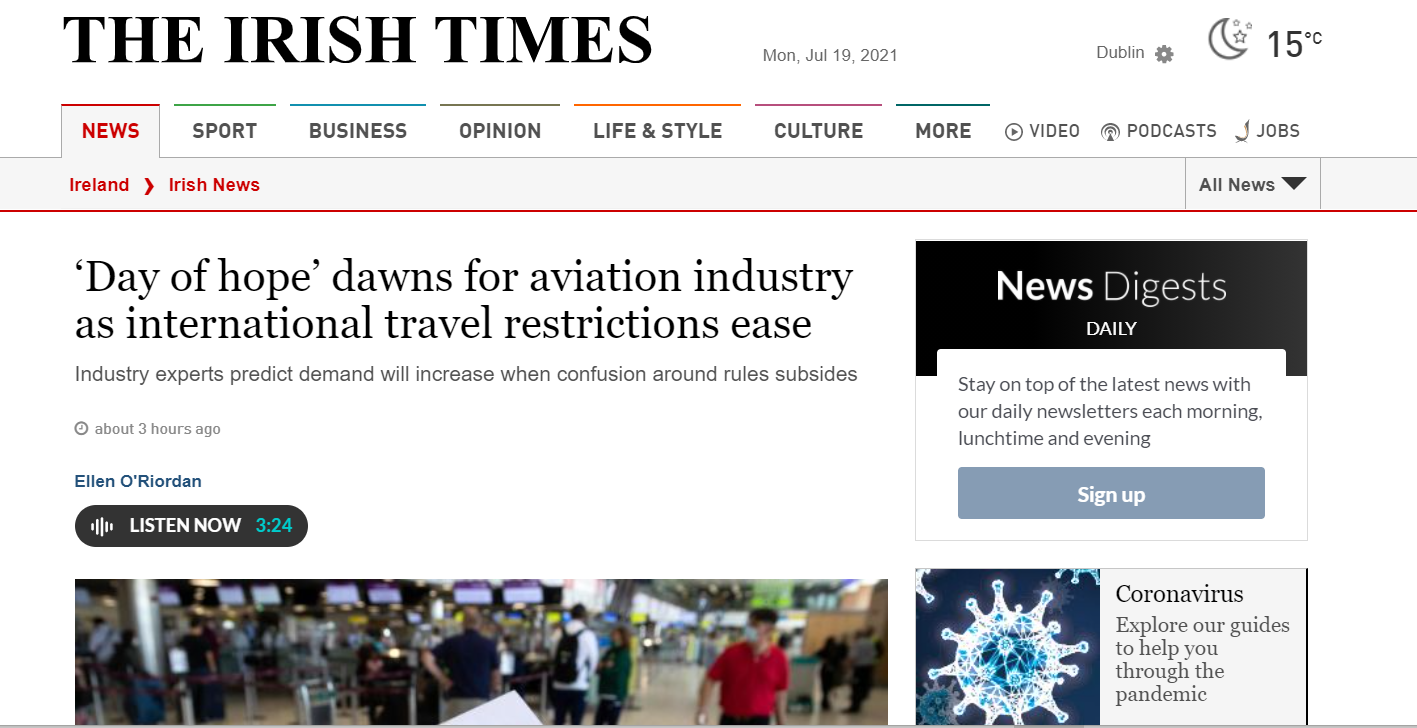
“There is a great buzz and air of excited anticipation at our airports. We have missed our passengers; our airlines have missed them, and our business partners have missed them. Today represents the start of Ireland’s re-connection with the world and we will play our part by building our business back better and stronger,” said Philips.
COVID-19 has had a crippling effect on every aspect of the travel and tourism sector, daa said.
“Dublin and Cork Airports have experienced a loss of over 43 million passengers in the past 16 months,” Philips commented. “We are working tirelessly to restore the vital connectivity that Ireland has lost during that time. The Irish economy, which is one of the most open in the world, is hugely dependent on international air connectivity for trade, tourism and foreign direct investment.”
SOUTH KOREA
The country’s international borders remain tightly controlled. However, in an important concession introduced on 1 July, fully vaccinated visitors can avoid an otherwise compulsory two week-quarantine if they are visiting family, or travelling for business, academic or public interest reasons – so long as they did not travel through one of 21 high-risk countries.
Anyone fully vaccinated in South Korea has been exempt from self-isolation requirements for returning travellers since early May.

However, the health crisis shows no sign of easing. The government yesterday (18 July) announced tightened restrictions on private gatherings nationwide, in line with the Greater Seoul region, as the fourth COVID-19 wave burgeoned.
From today, the maximum number of people permitted to attend indoor gatherings will be unified to four people for two weeks across the country. However, those who have completed vaccination will not be included in the four people ban.
On Saturday, 1,454 new cases were reported, the highest weekend figure since the start of the pandemic, with 1,402 of them locally transmitted. Cases outside the capital, Seoul, accounted for over 30% of the total for the first time since February 2020. The trend is being driven by increased domestic travel from Seoul during the summer vacation season.
SINGAPORE
Singapore reported 88 new locally transmitted cases at noon on Sunday, including 25 linked to a mounting cluster involving KTV outlets and nightclubs.
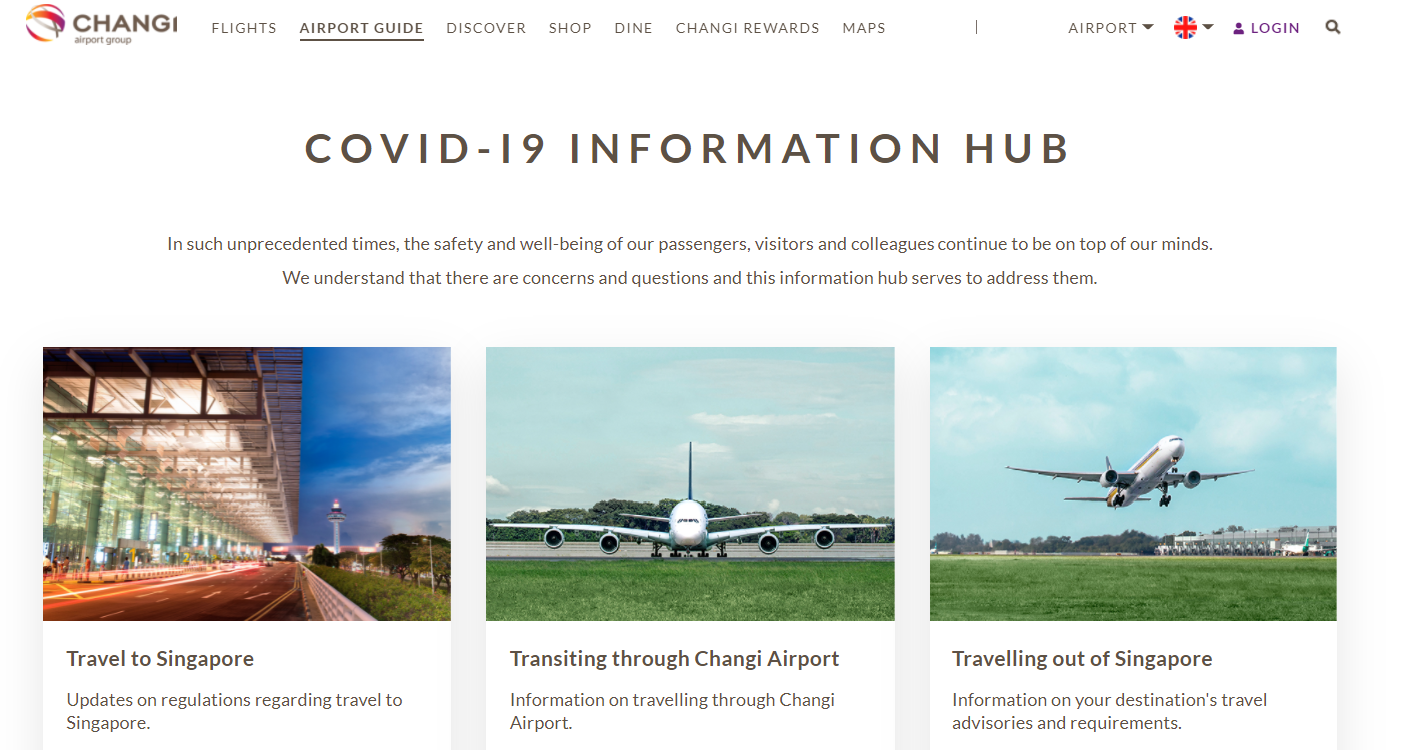
Singapore’s travel sector remains tightly curbed with entry mainly limited to Singapore citizens and permanent residents. Short-term tourist visits from Brunei, Mainland China, New Zealand, Taiwan and Vietnam are now allowed, subject to securing an Air Travel Pass and taking a PCR test on arrival, with some additional business visitors allowed.
AUSTRALIA/NEW ZEALAND
The much-touted air travel bubble between the trans-Tasman neighbours has been punctured in two places with quarantine-free travel from Victoria to New Zealand paused from 1:59am (NZ time) Friday 16 July.
Australian travellers from New South Wales (NSW) have been banned from travelling to New Zealand during the current outbreak in the state, although Kiwis can return home on managed flights if they are willing to spend a fortnight in quarantine.
The trans-Tasman bubble remains operational between New Zealand and the following states: Queensland, Western Australia, South Australia, Tasmania, ACT and the Northern Territory.





